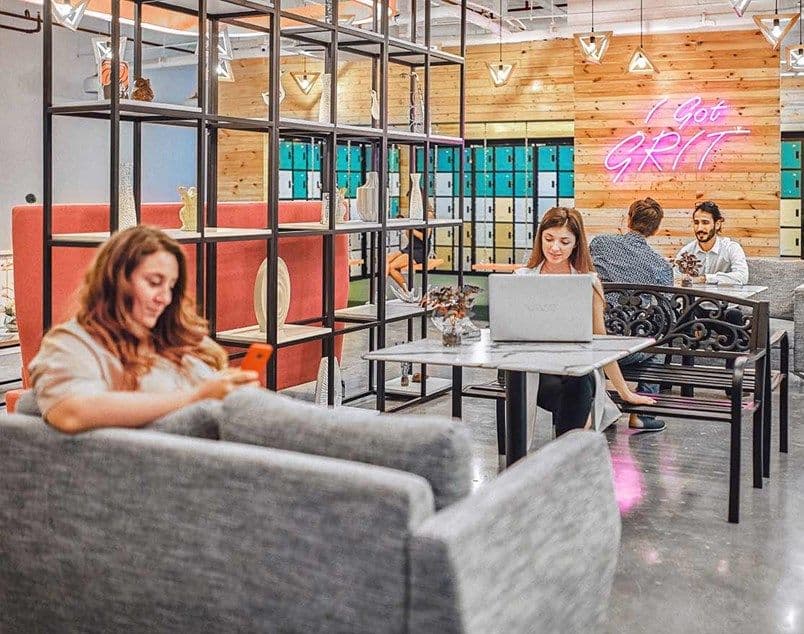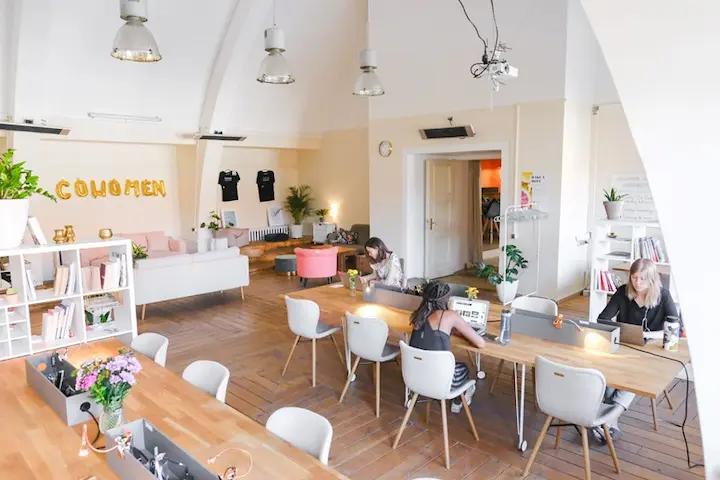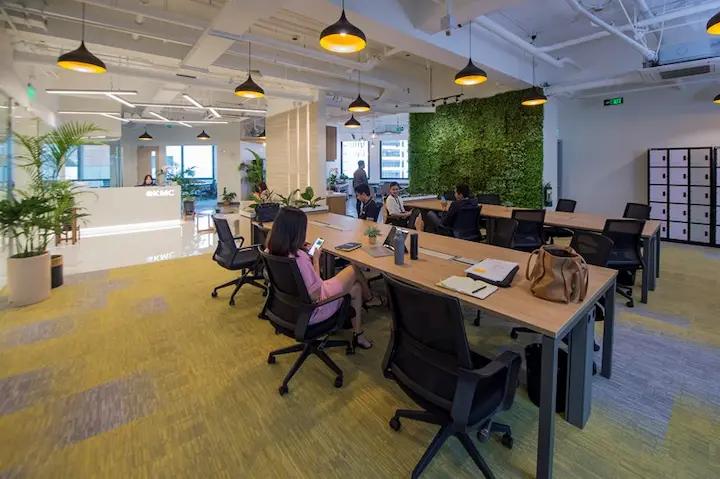4 Things to Expect from Coworking Spaces This 2020
By Marella Gimenez | 03/05/2020

When the concept of coworking first came into the scene, it quickly gained attention for its unconventional open layout, contemporary modern design and amenity-laden facilities that cater to a wide range of needs. Winning the appeal of today’s workforce for being unlike a traditional office, coworking spaces rapidly grew into more than just a niche sector in the commercial real estate industry. Despite initially drawing in workers with their unlimited coffee, gaming rooms, and napping pods, coworking has proven that they value substance over style. It’s the flexible leasing terms, convenience, and accessibility that ultimately make customers stay, with the additional perks that make them feel at home and well taken care of.
The concept of a shared workspace with no long-term commitments creates a perfect solution for freelancers, entrepreneurs, and digital nomads simply looking for a place to get work done. With traditional companies and their employees also following suit and realizing its advantages, working from coworking spaces have become more and more normalized.
As the coworking sector has been experiencing a boom over the last few years, a number of trends have come and gone. According to studies and experts, here are what’s in store for coworking spaces and other serviced offices this 2020:
1. Automation

Most coworking operators depend on their community managers to assist the needs of different members who drop in and work at different times. With new technology affecting almost every aspect of our lives, expect automation to play a significant role in terms of coworking management as providers seek profitability.
New software is being developed that can replace manual attendance checking, bookings, wifi management and more. This automation software leads to saving up on human resources and improving cost-efficiency, especially at a time when small to medium coworking operators are struggling against bigger brands. With no on-site staff, coworking providers can afford to lower their prices that give them an edge against other competitors.
2. Niche Coworking Spaces

Niche spaces are coworking spaces that cater to a specific group of people or industry. The biggest advantage of this is the opportunity to easily network with other professionals from the same industry or possessing the same interests which could then lead to new opportunities, especially for freelancers, entrepreneurs, and startups. These workspaces also provide a safe space for like-minded individuals to share ideas and express their views without the fear of being judged.
A good example of this would be women-only coworking spaces, where the members feel more encouraged to excel in the workplace without facing possible discrimination or the pressure of their male counterparts.
Beyond the community, niche coworking spaces can also be industry-specific by providing specialized setups or specific equipment based on the professions or needs.
Coworking Space for: Specialized services offered: Construction Industry Large-scale printing plotters Real Estate Industry Wide format & multi-function printers Working parents Daycare area with caretaker service
3. Higher Demand from Corporate Entities
Originally a hub for gig economy workers, coworking spaces have also seen a steady influx of corporate entities availing of this type of office setup. This year, corporate demand is predicted to be even higher with office real estate becoming scarcer and pricier. Being able to save money and having no long-term contractual commitments with coworking spaces are essentially the biggest factors that push companies to these type of spaces.
According to a 2019 Gensler study, an estimated 14% of corporate employees are regular members of a coworking space. Big corporations such as Starbucks, Salesforce, Microsoft, and Facebook are just some of the names that have made a move to flexible workspaces.
4. Prioritizing Holistic Health

Traditional offices have been known to prioritize function and productivity above all else, with other important aspects such as health and wellbeing being put aside. But these aspects are now being put into new focus by today’s working professionals and coworking operators have taken note.
According to a recent survey, ergonomic furniture and design come only second to faster Wi-Fi in terms of most requested office feature in workspaces. Other health centric amenities such as yoga and meditation rooms, gyms, and clinics are now more often seen in serviced offices as well.
Coming into popularity because of the unique amenity-laden facilities it offers (i.e. large pantry & kitchen, gaming rooms, napping pods), coworking spaces provide this not simply to attract more customers but to make their members feel that they are well taken care of. When workers feel healthier, they are likely to become more physically, emotionally, and mentally engaged in their work which drives up their productivity.